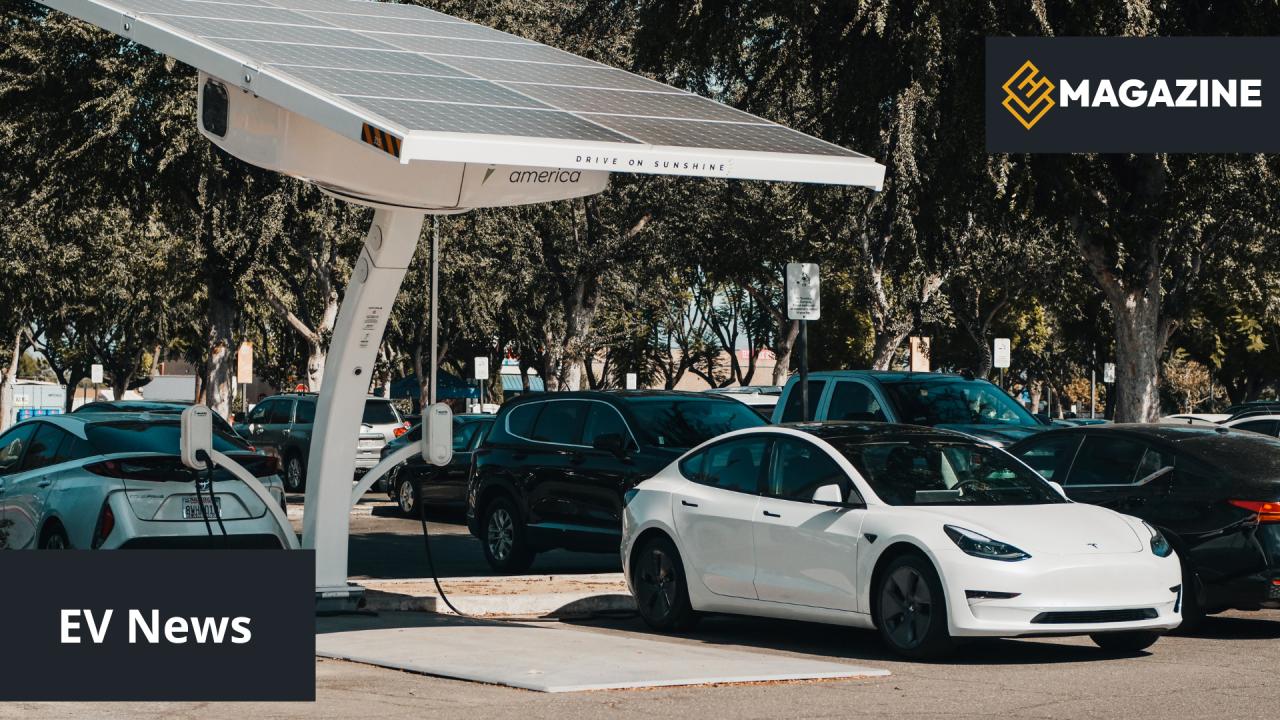The U.S. government is making significant strides in expanding electric vehicle (EV) charging infrastructure through the Charging and Fueling Infrastructure (CFI) program. This initiative aims to accelerate the transition to sustainable transportation by improving charging accessibility across the nation.
Prioritizing Underserved Areas and Rural Regions
A substantial portion of the funding is directed towards disadvantaged communities and rural areas where charging infrastructure is lacking. For instance, Maricopa County in Arizona received $15 million to install publicly accessible charging stations at schools and businesses with over 50 employees. This project seeks to equalize access to EV charging and promote adoption in areas where private sector investment is unlikely.
Innovative Approaches to Expanding the Charging Network
CFI-supported projects are bringing innovative solutions to expand charging infrastructure. The City of Detroit was awarded over $23 million for two projects: one focused on installing chargers along highways and another on creating a network of charging stations in community parks and public parking lots. These projects also incorporate workforce development programs in electromobility and job creation initiatives.
Supporting Multimodal Transportation and Shared Mobility
Many projects focus on integrating charging infrastructure with public transit and shared mobility services. New York City, for example, secured $15 million to create the country's largest curbside EV charging program with 700 plugs. At least half of these will be located in disadvantaged areas and neighborhoods where low-income workers reside.
Emphasis on Sustainability and Resilience
CFI projects emphasize the sustainability and resilience of charging infrastructure. The Fort Independence Indian Community in California will receive over $15 million to install a reliable and resilient charging hub along the U.S. Route 395 corridor. This project will utilize a solar microgrid with combined heat and power generation and battery storage.
Preparing for the Future of Electromobility
Investments in U.S. charging infrastructure are crucial for the future of electromobility. As the network of charging stations expands, faster EV adoption, reduced greenhouse gas emissions, and improved air quality in cities are expected. These projects also create new job opportunities and support economic development in communities across the country.
Conclusion: Transforming America's Transportation Infrastructure
The CFI program represents a significant step towards transforming America's transportation infrastructure. Investments in charging stations not only facilitate the transition to electric vehicles but also contribute to addressing climate change and improving quality of life in both urban and rural areas. With continued support for similar initiatives, the United States is moving closer to a sustainable transportation future.
Here's a suggested meta description for this English article: This description highlights the main points and keywords of the article, making it SEO-friendly and informative for potential readers.

